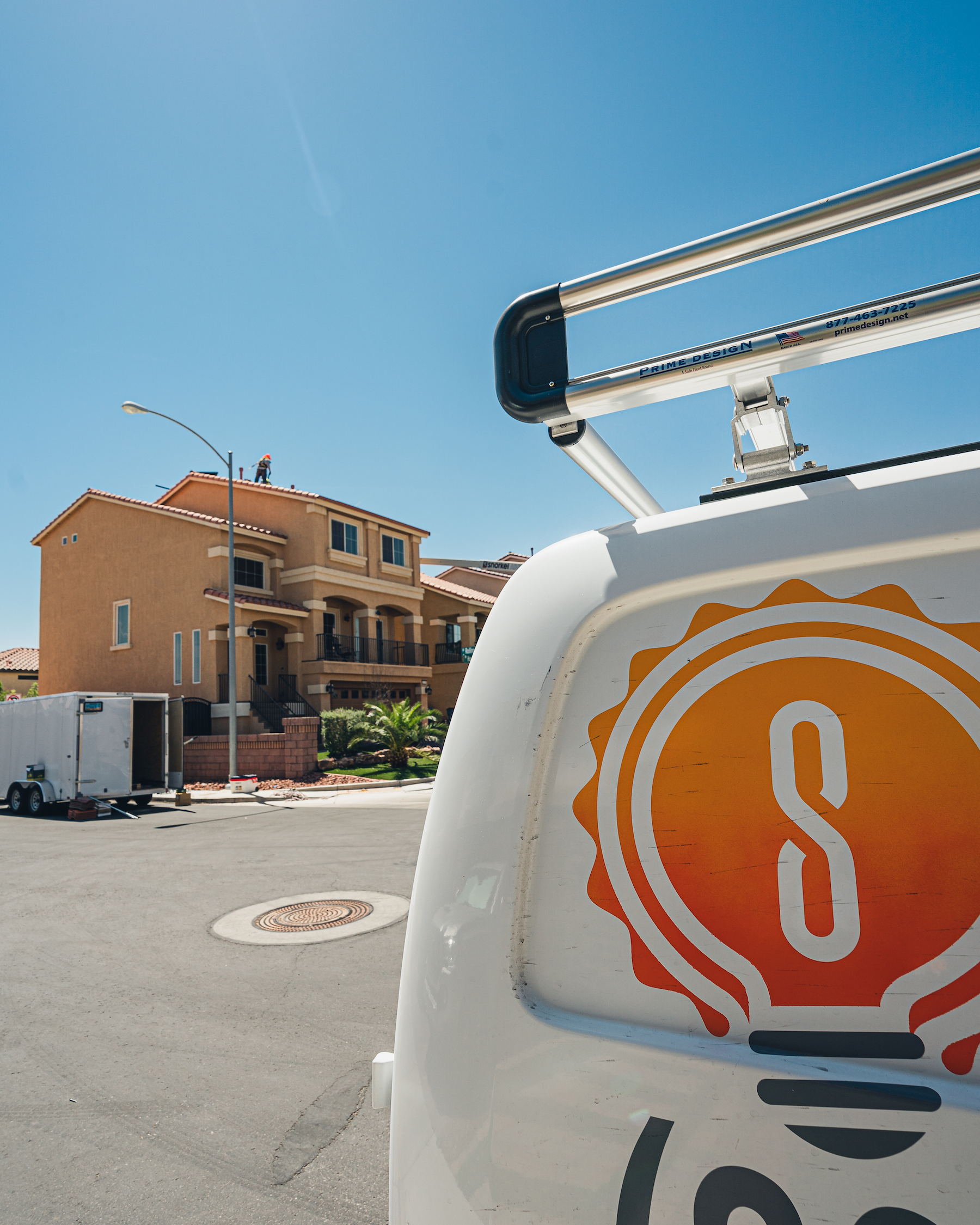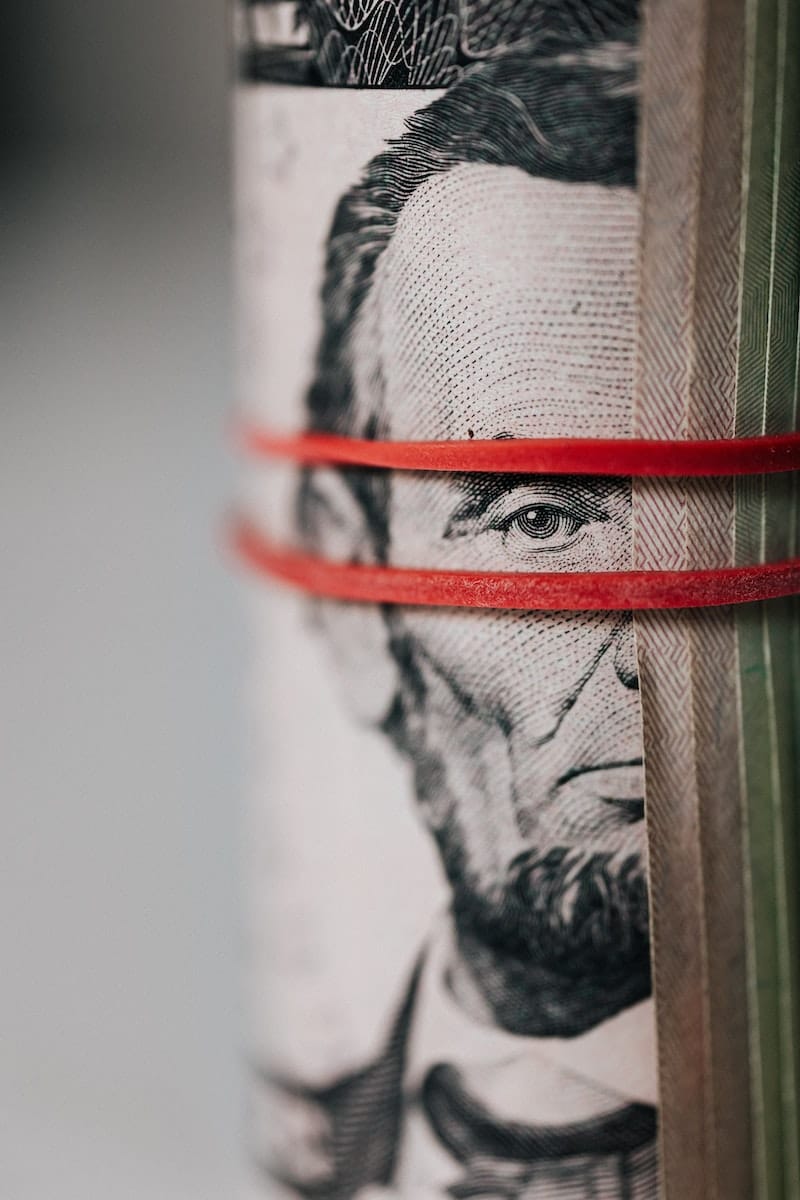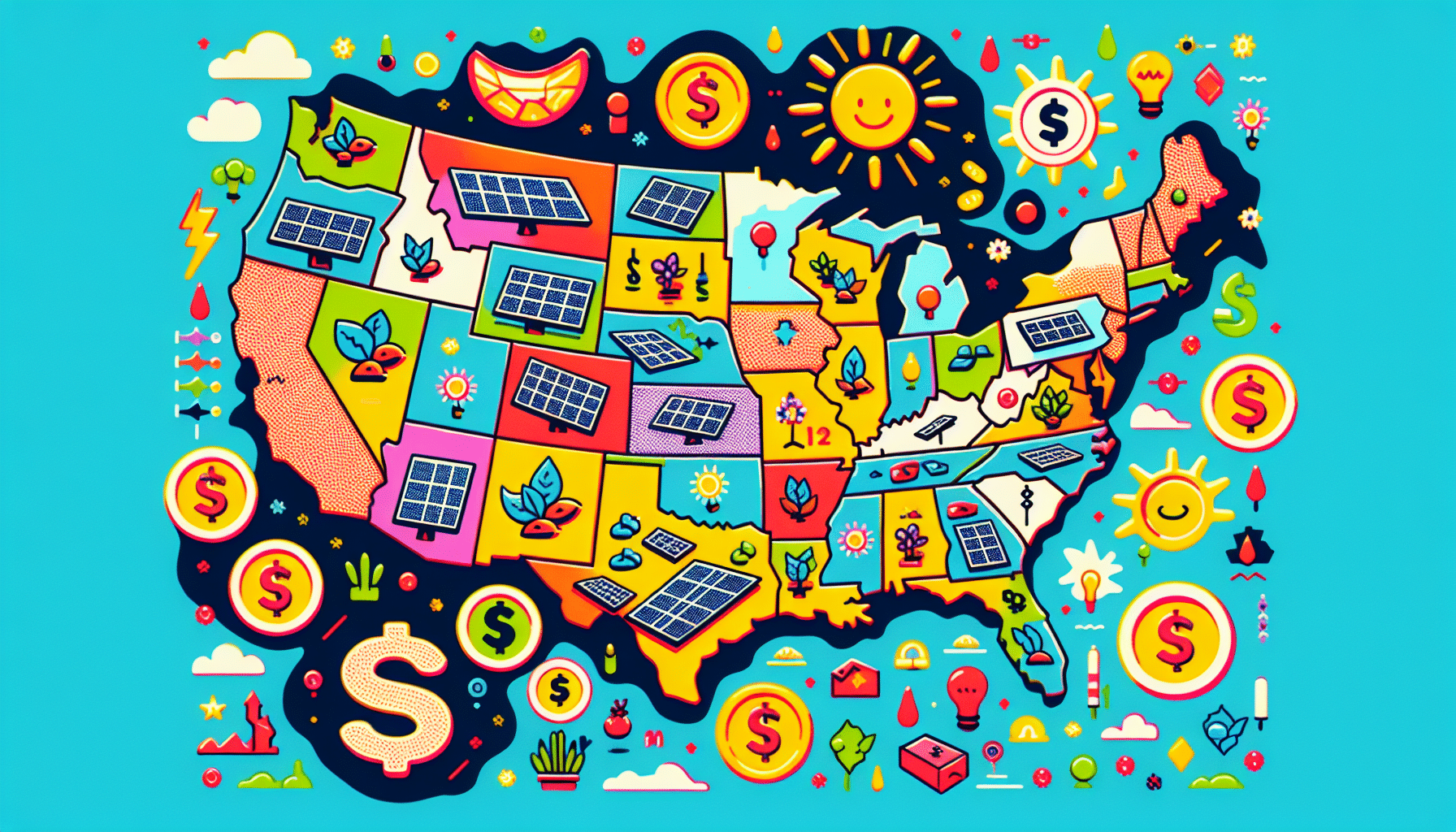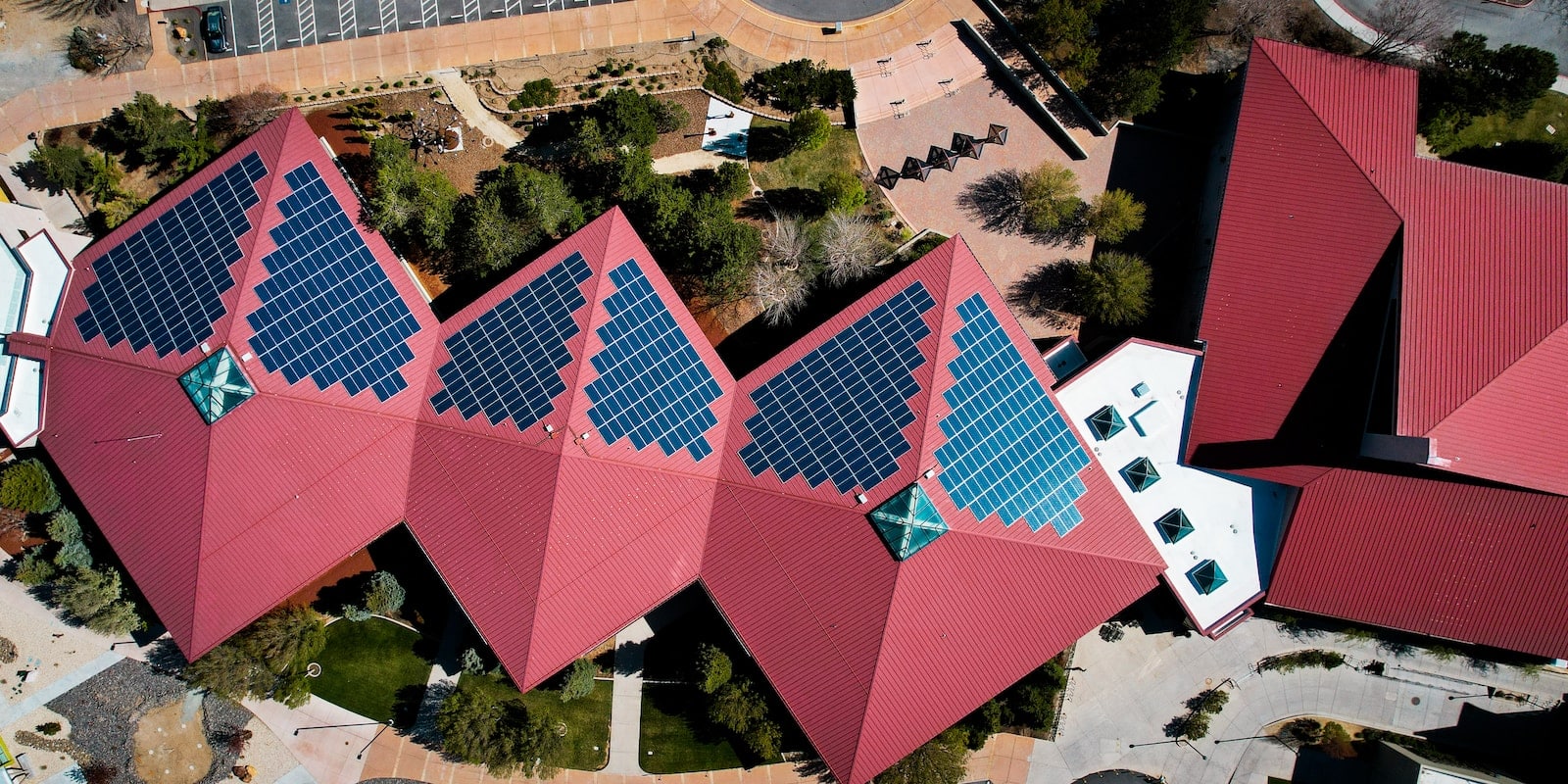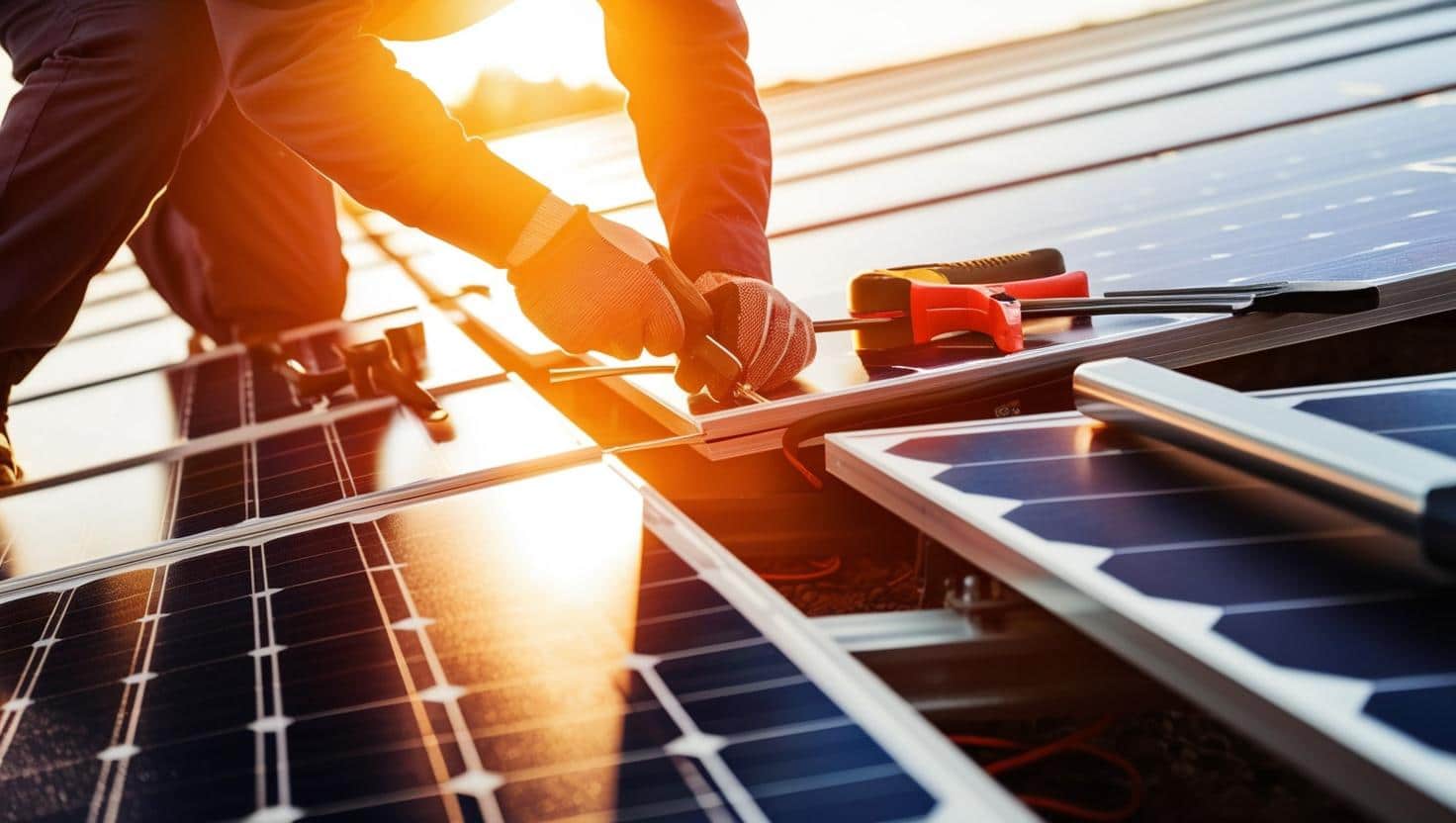Solar panels are a type of renewable energy technology that converts sunlight into solar energy, which is then used to generate electricity. Solar panels are a good investment because they have many benefits, including reducing your carbon footprint and saving you money on your electric bill. Solar panels also have the potential to increase the value of your home.
The Benefits of Solar Panels on Energy Bills
Solar panels are a great investment for several reasons. They can help you save money on your electric bill, reduce your carbon footprint, and increase the value of your home. Solar panels are also a renewable energy technology, which means they are environmentally friendly and sustainable. In some cases, solar panel owners may even receive payments from their utility company for the excess energy that their solar panels produce. If you are interested in investing in solar panels, there are a few things you should keep in mind.
Solar panels can save you money on your electric bill. This is because solar panels produce electricity from sunlight, which is a free and renewable resource. The electricity produced by solar panels can offset the cost of your traditional electric utilities, which can save you money every month. In some cases, solar panel owners may even receive payments from their utility company for the excess electricity that their solar panels produce.
Solar panels can also help you reduce your carbon footprint. This is because solar panels generate electricity without emitting greenhouse gases or other pollutants. By reducing your reliance on fossil fuels, solar panels can help you make a positive impact on the environment.
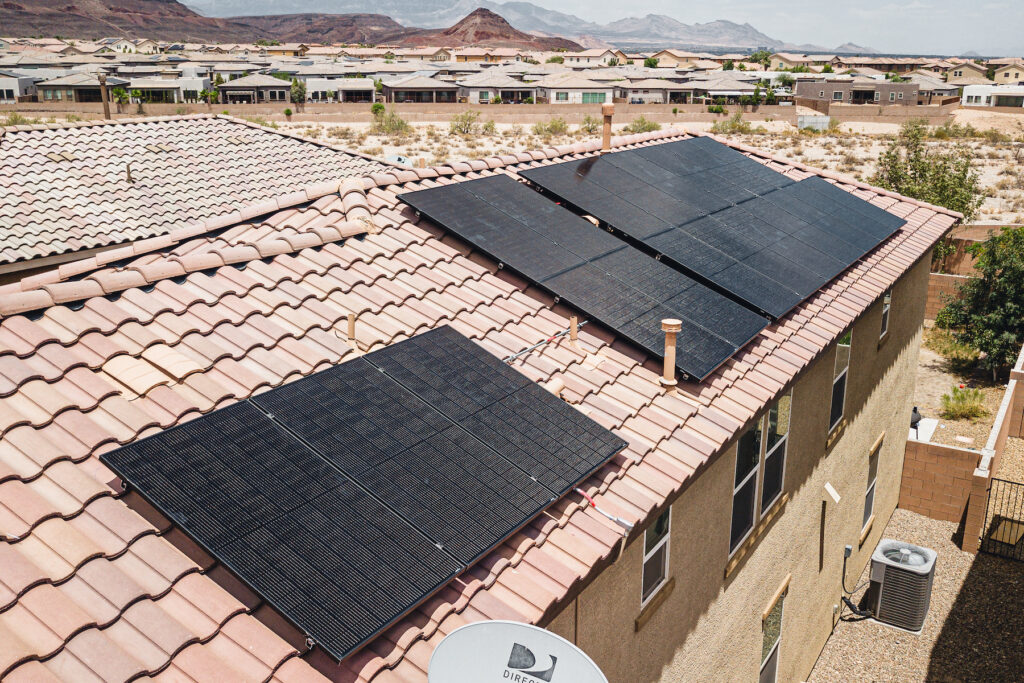
In addition to saving you money and helping the environment, solar panels can also increase the value of your home. This is because solar panels are seen as a valuable addition to any home, and they can make your home more attractive to potential buyers. If you live in an area with good sun exposure, installing solar panels on your roof can also increase the curb appeal of your home.
The Cost of Solar Panels
The cost of solar panels has dropped significantly in recent years, making them more affordable than ever. According to the Solar Energy Industries Association (SEIA), the cost of solar panels has dropped significantly in recent years, making them more affordable than ever. The average solar panels cost for a system is now around $15,000, which is a significant investment.
However, there are several ways to finance your solar panel system, and the government offers tax credits and rebates that can help offset the cost. Solar panels typically have a payback period of around 5 to 10 years, which means they will eventually save you money. In addition, solar energy systems have an average lifespan of 20 to 25 years, so they will continue to produce electricity for many years after the initial investment.
If you are considering investing in solar panels, it is important to do your research and compare different options. There are many different types of solar panels on the market, and each has its advantages and disadvantages. You will also need to decide how many solar panels you need to power your home, which will depend on your electricity usage and the amount of sun exposure your home receives. Once you have all of this information, you can start shopping around for solar panels and compare prices. With a little bit of research, you can find the perfect solar panel system for your home and start saving money on your electric bill.
The Return on Investment for Solar Panels
The return on investment (ROI) for solar panels varies depending on many factors, including the cost of installation, the size of the system, the amount of sunlight that hits your property, and local incentive programs.
Solar panels work by absorbing sunlight through photovoltaic cells, which then generate an electrical current. However, most homeowners see an ROI of around 20% – meaning that for every $1 you spend on installing solar panels, you save $0.20 on your energy bills over the lifetime of the system.
In some cases, homeowners have seen an ROI as high as 50%. If you’re considering solar panels for your home, be sure to calculate the ROI to determine if solar panels are worth the investment.
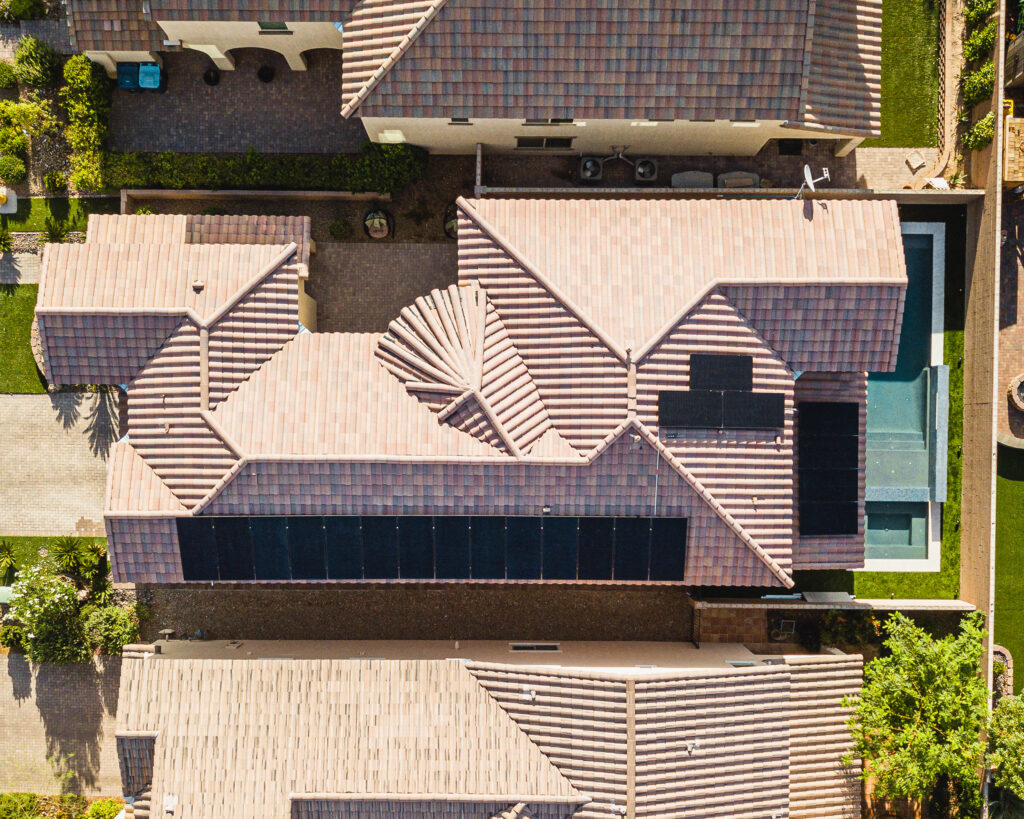
The return on investment (ROI) for solar panels varies depending on many factors, including the cost of installation, the size of the system, the amount of sunlight that hits your property, and local incentive programs. Solar panels work by absorbing sunlight through photovoltaic cells, which then generate an electrical current. However, most homeowners see an ROI of around 20% – meaning that for every $1 you spend on installing solar panels, you save $0.20 on your energy bills over the lifetime of the system. In some cases, homeowners have seen an ROI as high as 50%. If you’re considering solar panels for your home, be sure to calculate the ROI to determine if solar panels are worth the investment.

The upfront cost of solar panels is the main barrier for many homeowners. However, there are several financing options available that can make going solar more affordable.
Solar leases and power purchase agreements (PPAs) allow you to install solar panels with no money down and pay monthly for the electricity they produce, which can help solar panels save you money over time. This can reduce or eliminate your upfront costs, making it easier to see a positive ROI from your investment.
Many state and federal incentive programs offer tax credits, rebates, and other financial incentives for going solar. These programs can further increase your ROI by lowering the cost of installation. There are many online tools available that can help you estimate your savings. You can also contact a local solar installer to get a more accurate estimate of the ROI you could expect from solar panels.
If you’re considering solar panels for your home, be sure to calculate the ROI before making a decision. Solar panels are a long-term investment, so it’s important to make sure they’re right for you. With a little research, you can find out exactly how much money you could save by going solar.
Is Solar Panel Installation a Good Investment?
Solar panels are a good investment for several reasons, and a solar system can help save you money on your electric bill and increase the value of your home. They can also reduce your carbon footprint. If you live in an area with a lot of sun exposure, a solar system can be an especially good investment.
However, solar panels are not right for everyone. If you have a shaded home or live in a cloudy climate, solar panels may not be the best option for you. You should also consider the upfront cost of a solar system before making a decision.
Solar panels typically cost between $10,000 and $20,000 to install, so they are not a cheap investment. However, a solar system can save you money over time, so it may be a good option for long-term savings. If you’re considering a solar system for your home, be sure to do your research and calculate the ROI before making a final decision.
Solar panels are a great way to save money and reduce your carbon footprint, but they are not right for everyone. With a little research, you can find out if a solar system is right for you.
Local Incentive Programs for Solar Panels
Many state and federal incentive programs offer tax credits, rebates, and other financial incentives for going solar. Many state and federal incentive programs offer tax credits, rebates, and other financial incentives for solar energy systems, making them more affordable for homeowners.
These programs can help offset the cost of installation and make solar panels more affordable. Many states have their own incentive programs, so be sure to check with your local government to see what is available. The federal government also offers a tax credit for installing solar panels. This tax credit is worth 30% of the cost of installation and can be applied to both residential and commercial properties. There are many online tools available that can help you estimate your savings.
You can also contact a local solar installer to get a more accurate estimate of the ROI you could expect from solar panels.
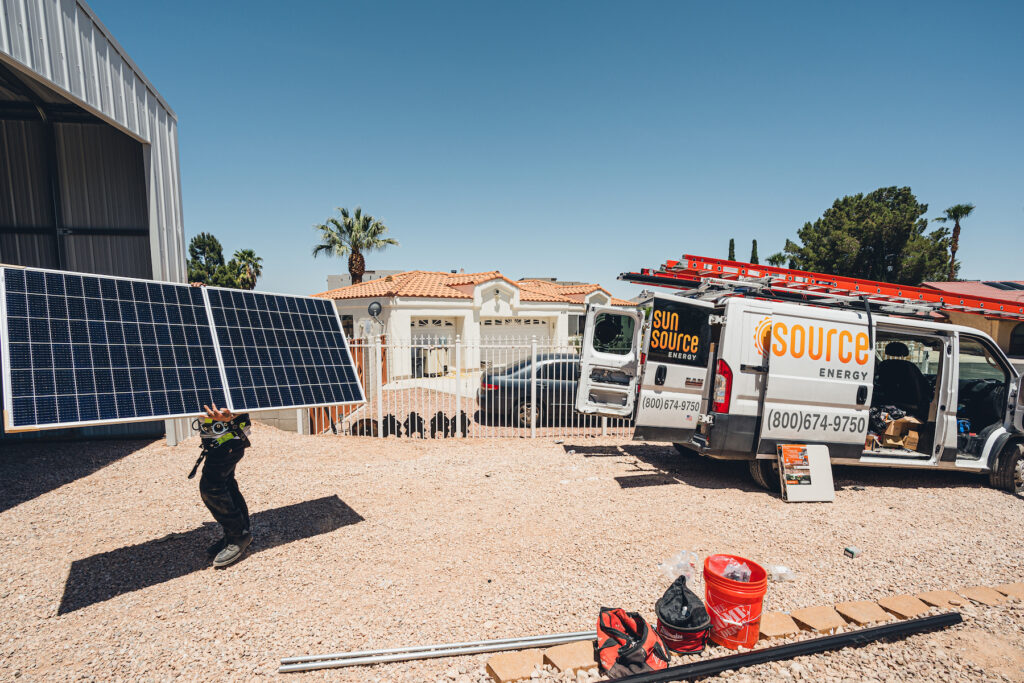
Conclusion on Renewable Energy
Solar power is a great way to save money on your electric bill and reduce your carbon footprint. However, it is not right for everyone. You should consider the upfront cost of solar panels before making a decision.
Solar panels typically cost between $10,000 and $20,000 to install, so they are not a cheap investment. However, solar power can save you money over time, so it may be a good option for long-term savings. If you have the upfront cash available, solar panels are worth considering as an investment.
If you don’t have the upfront cash to invest in solar panels, there are other options for reducing your electric bill and your carbon footprint.
- One option is to install solar shingles. Solar shingles are less expensive than traditional solar panels and can be installed on your roof just like regular shingles. Solar shingles produce electricity from the sun’s rays just like solar panels, but they are much less expensive to install. Solar shingles typically cost between $5,000 and $10,000 to install, so they are a more affordable option for those who don’t have the upfront cash for solar panels.
- Another option for reducing your electric bill is to install a wind turbine. Wind turbines generate electricity from the wind, so they are a great option for those who live in windy areas. Wind turbines can be expensive to install, but they can save you money over time. Wind turbines typically cost between $3,000 and $5,000 to install, so they are an option for those who have the upfront cash available.
If you are looking for ways to reduce your electric bill and your carbon footprint, solar panels and wind turbines are two great options. Solar panels are a bit more expensive to install, but they will save you money over time. Wind turbines are less expensive to install, but they may not be right for everyone. You should consider the upfront cost of each option before making a decision.


